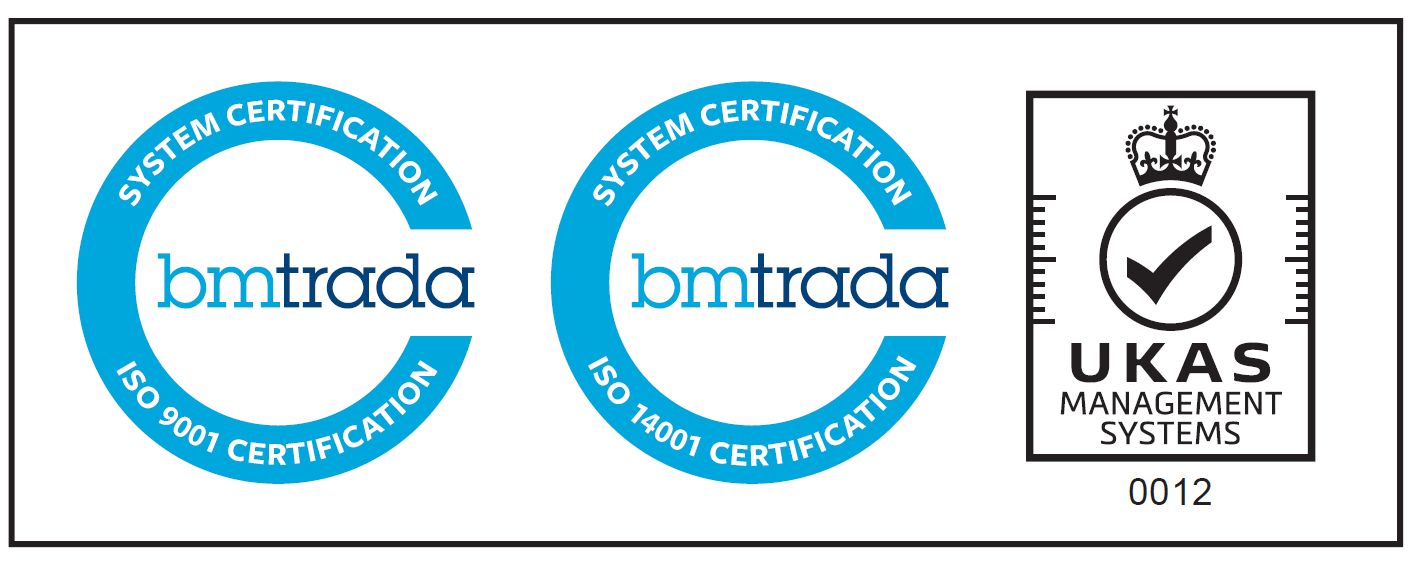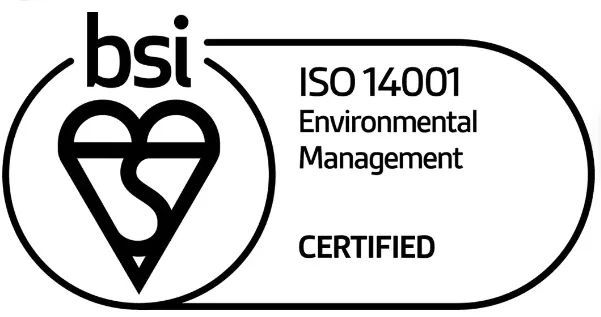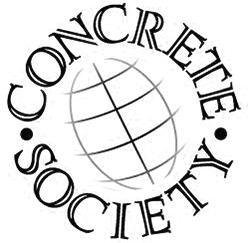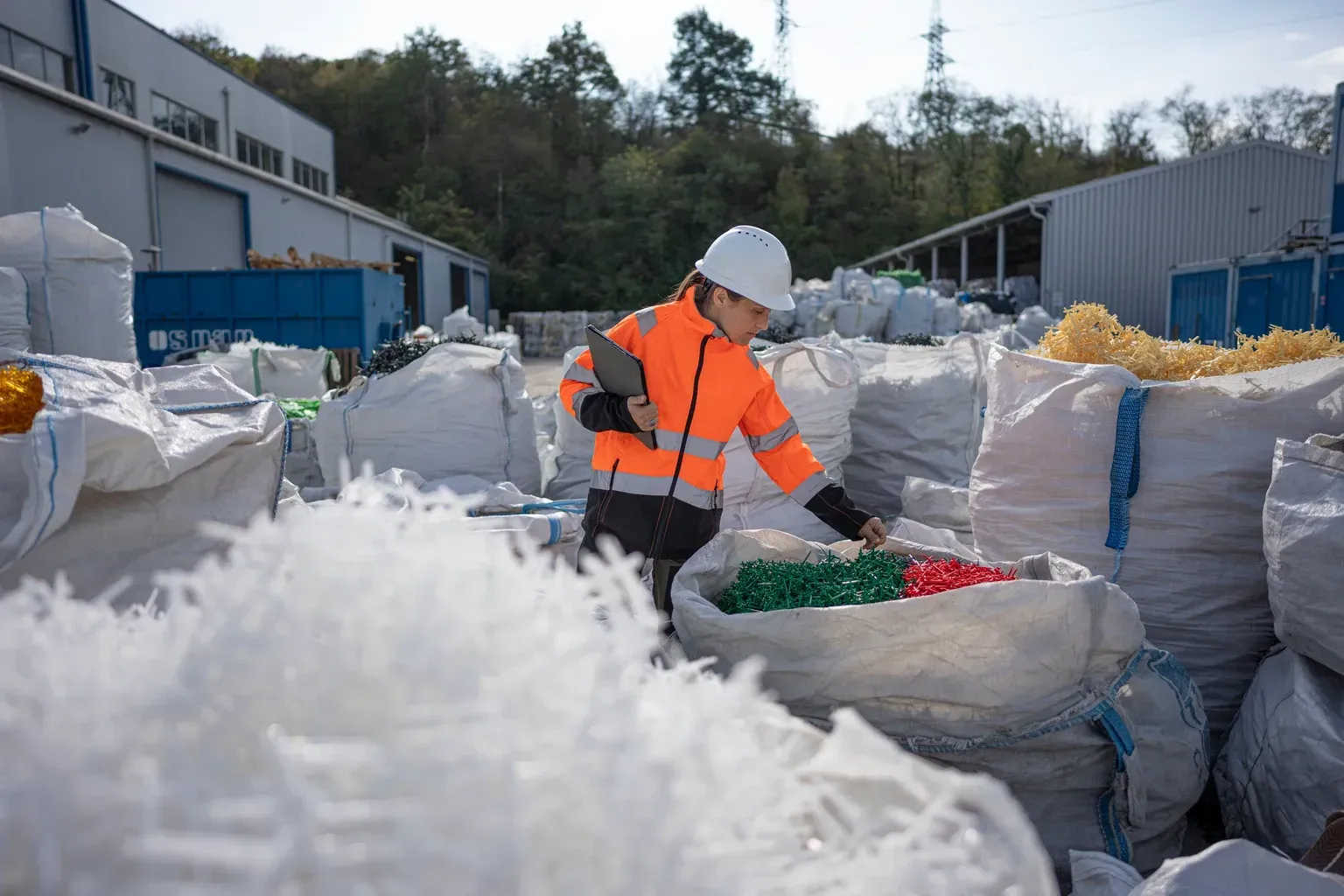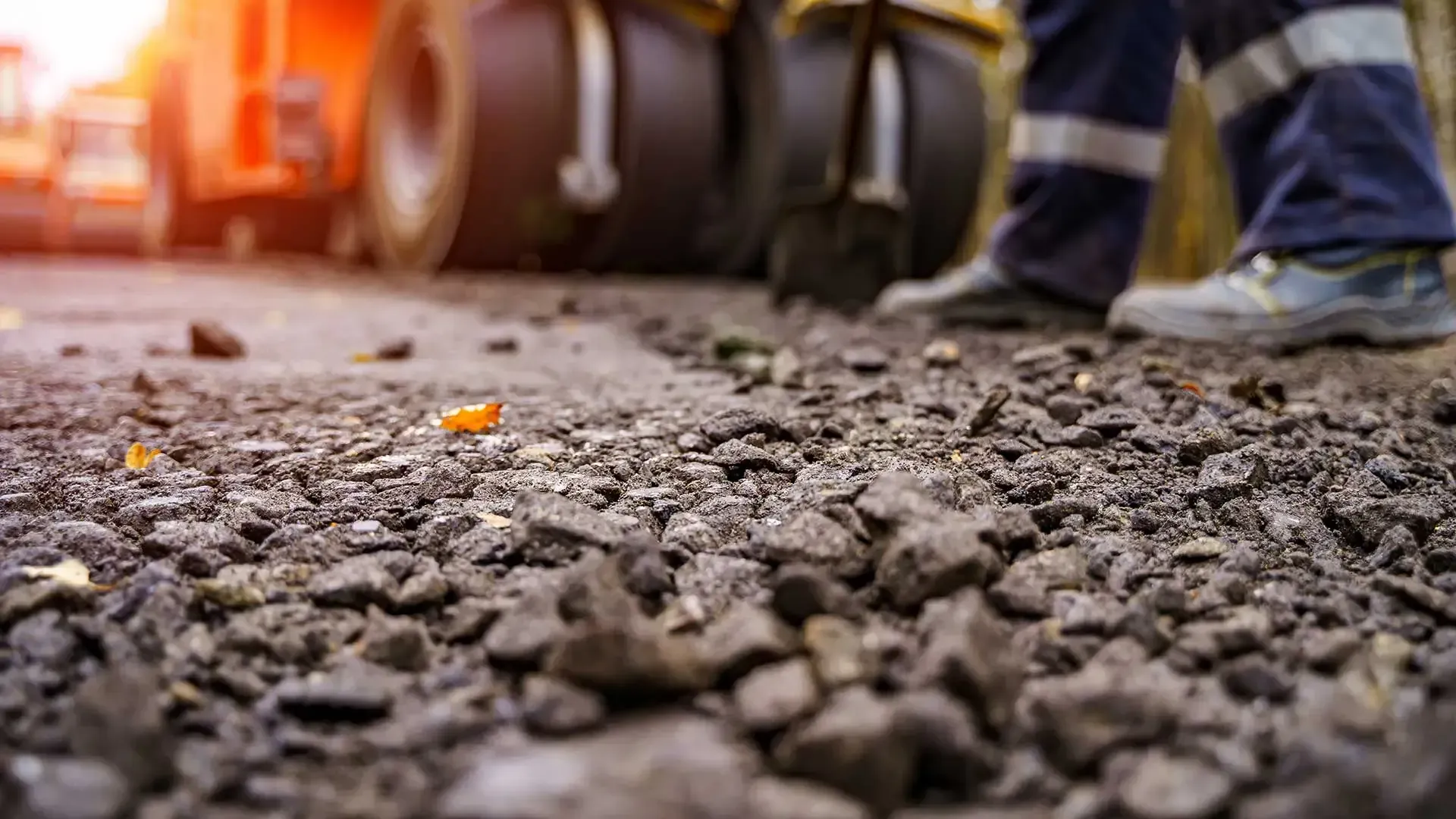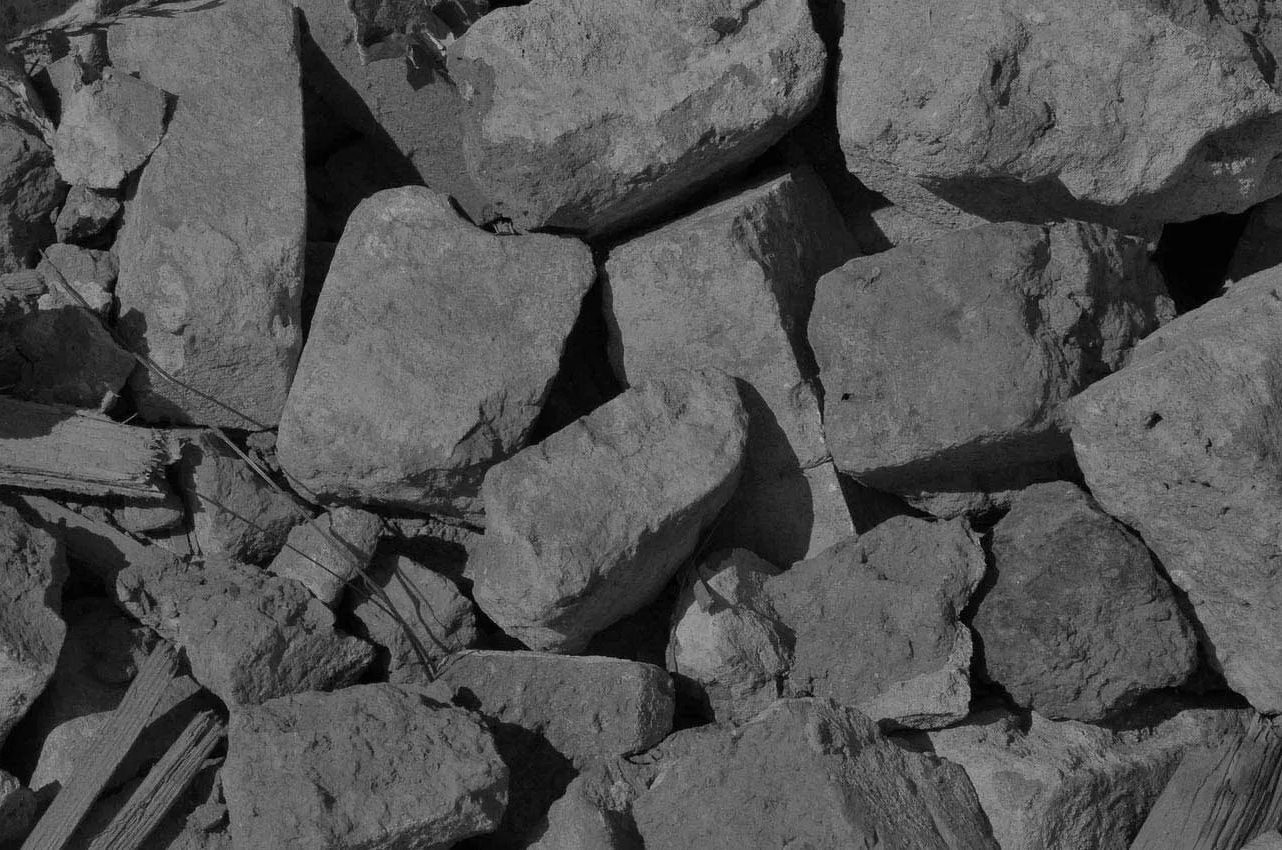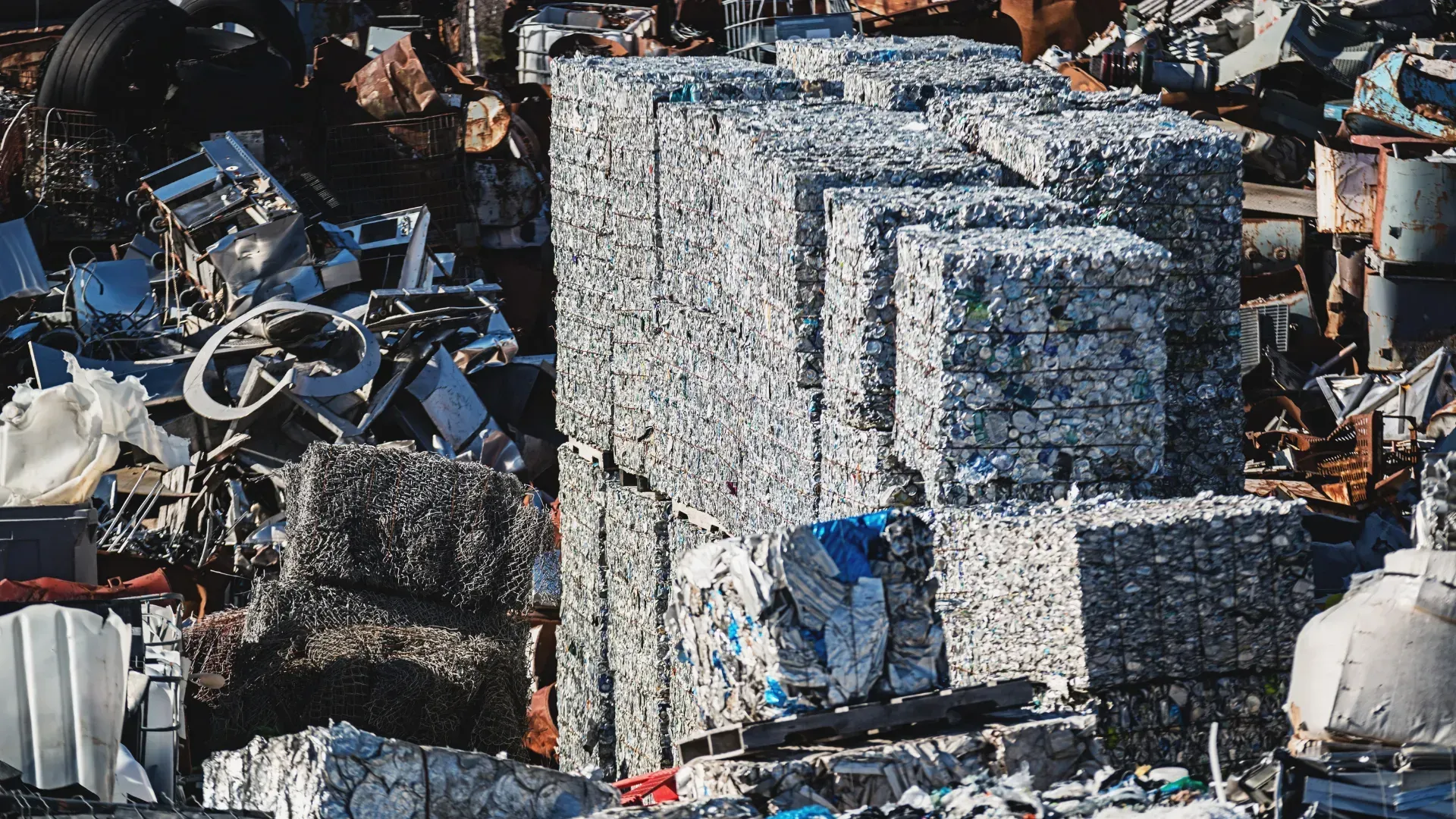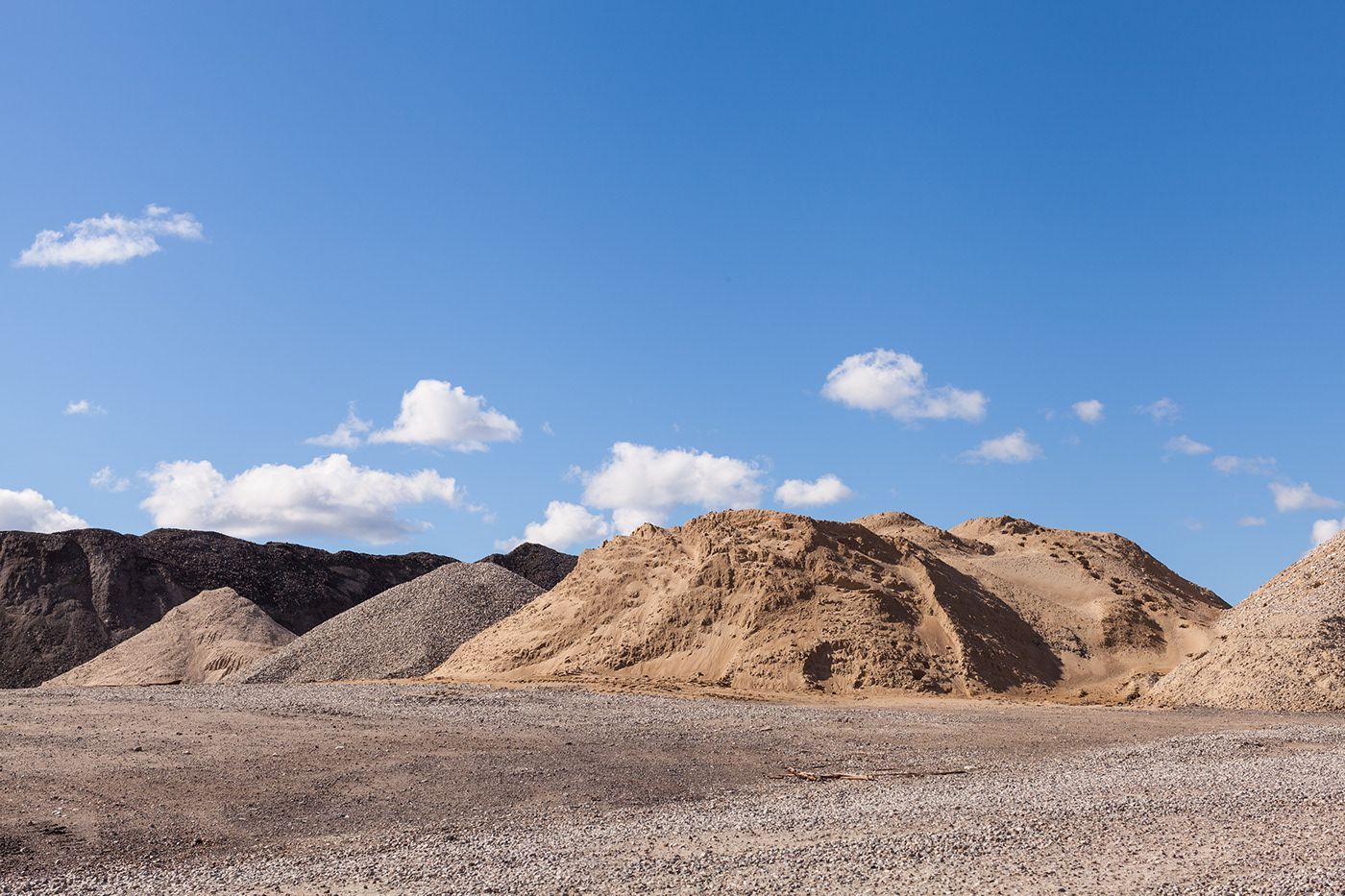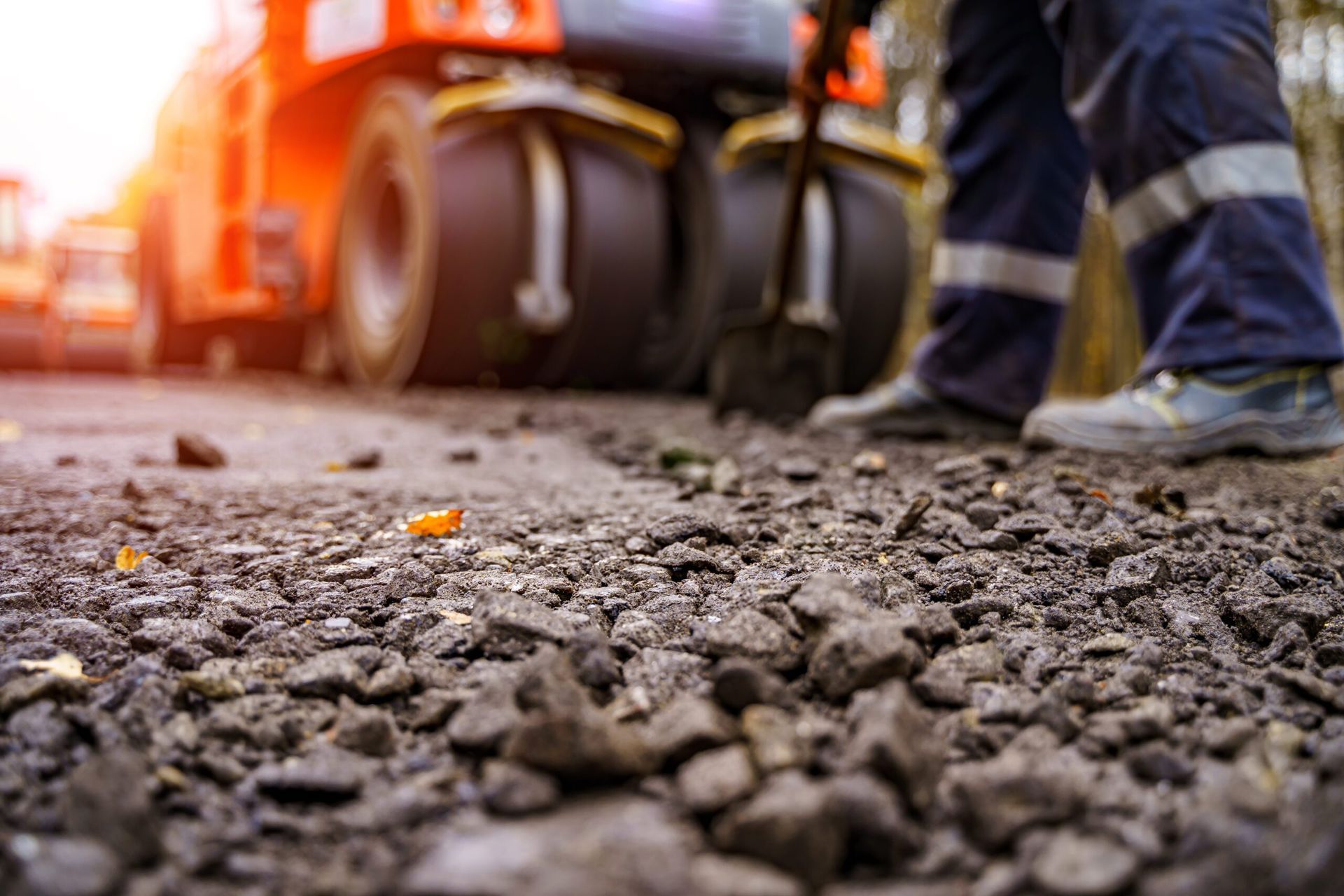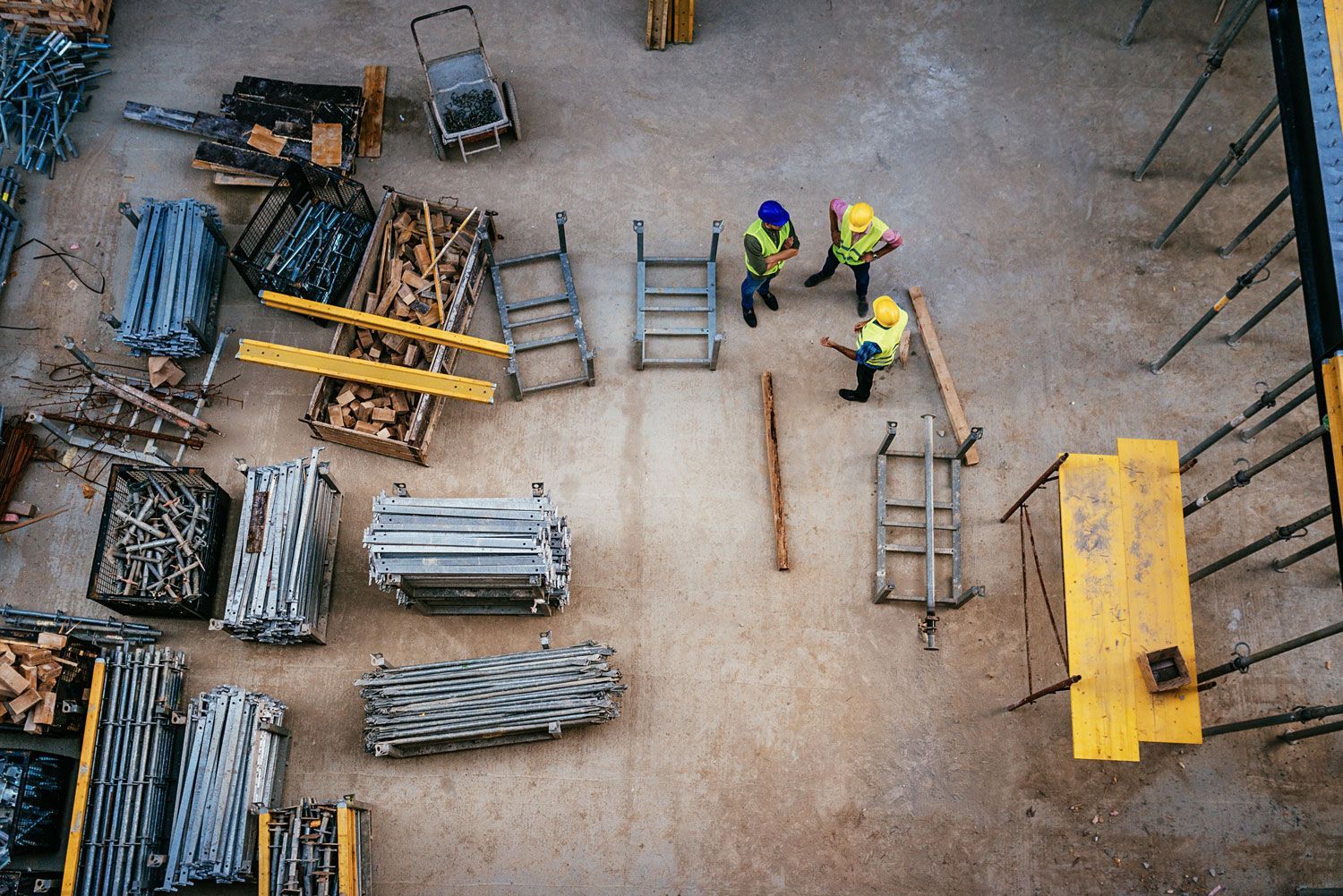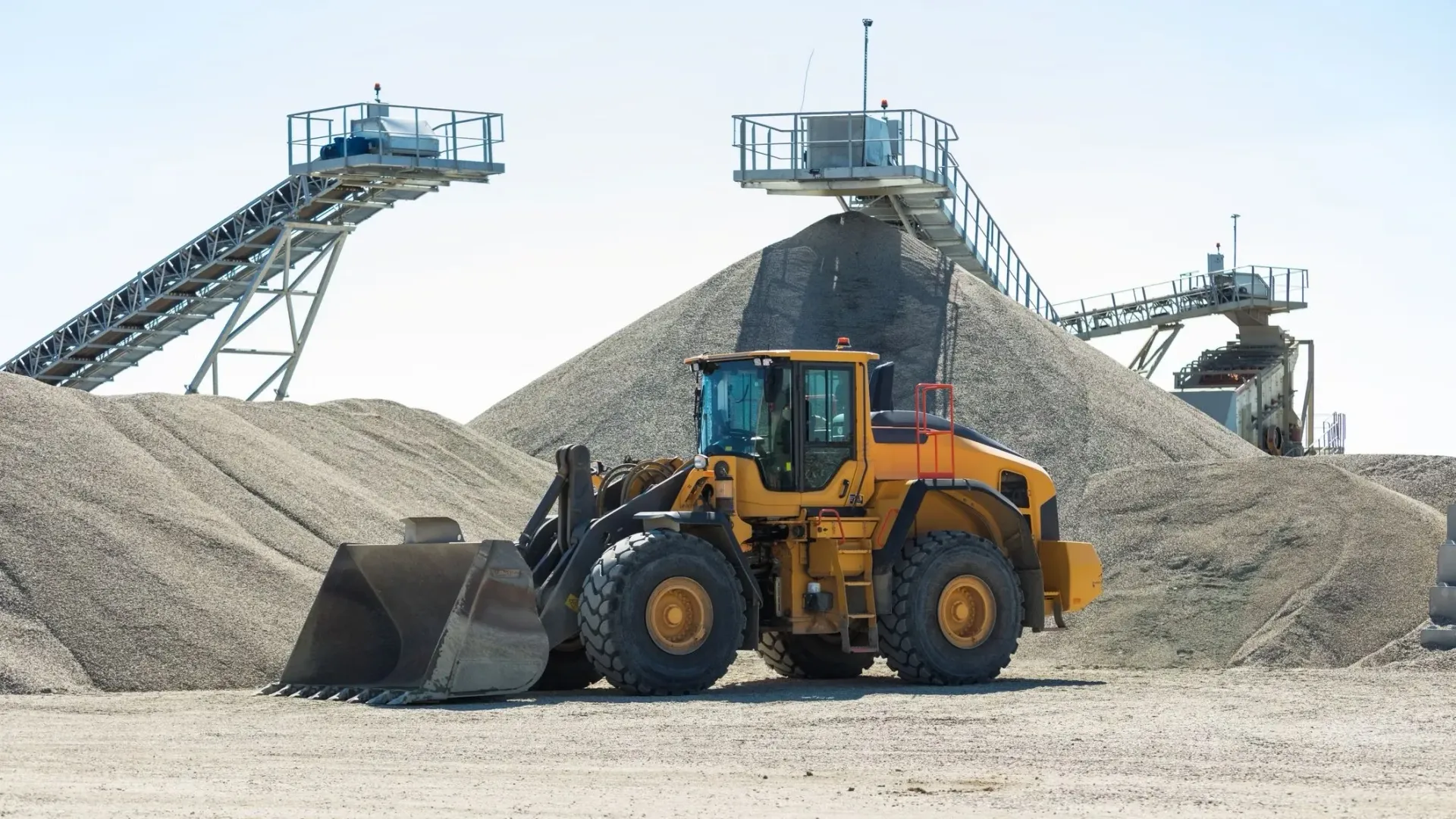Common Waste Disposal Mistakes to Avoid
Citizens of the United Kingdom are fortunate to live in one of the most developed countries on the planet. With intricate transportation systems, quality living standards and advanced healthcare services, there is plenty to be thankful for. That said, nothing is perfect; as our technology and industries have grown, so has our impact on the world around us. As a society based on creation, consumption and fast-paced living, our lifestyles produce large amounts of waste.
Handled with due care and attention, bi-products of human existence can be disposed of safely and effectively, minimising environmental impact and ensuring hygiene standards are maintained. However, without the right knowledge, large quantities of waste are disposed of incorrectly, harming the natural world and draining resources.
If you find yourself scratching your head at the thought of proper waste disposal, we don’t blame you. There’s no denying that it can be tricky knowing what goes where, but once you get the hang of it, it’s no trouble at all.
Here at WM Thompson & Sons Ltd, we’re here to help. Read on to discover our guide to common waste disposal mistakes and how to avoid them.
Recycling Contamination
First up on our list of waste disposal mistakes is contamination. Often, people assume that all recyclable materials can be thrown in a tub together and forgotten about. As handy as this would be, it isn’t the case. When sorting out household or commercial waste, it is important to separate items into different categories. One of the most common waste disposal mistakes involves poorly separated materials; this can lead to the clogging of machines and various other issues.
Here in the UK, we recycle based on four main categories. These are plastics, glass, paper and metals. This is, of course, a simplified explanation and there are numerous sub-categories within each. It is worth noting that not all materials within the above mentioned categories can be recycled; we’ll explore the impact of food waste, non-recyclables and labelling shortly.
Food Waste
In addition to the problems associated with recycling contamination, food waste and debris can cause a number of issues during the recycling and disposal process. In many instances, contaminated packaging and vessels are unable to be reused or recycled. For this reason, ensuring that containers, packaging and other materials are properly rinsed and free of debris and other waste matter is essential.
Fortunately, avoiding this mistake is pretty simple. Just make sure you give everything a quick rinse before throwing it into the recycling bin. This will prevent problems later in the recycling process and make other people’s lives much easier.
Non-Recyclable Materials
Next on our list are non-recyclable materials. As the name suggests, materials that are incompatible with modern recycling processes cannot be disposed of in the same way as regular recyclables. As touched upon above, non-recyclable materials include food waste, tainted packaging, ceramics, clingfilm, bubble wrap and waxed containers.
To ensure that the materials you’re recycling are, in fact, recyclable, be sure to check for labels and relevant symbols on the packaging. We’ll expand on this point below, but it is worth noting that these are usually easy to find and will state whether or not the material is recyclable or not.
Check The Labels
Here in the UK, recyclable packaging and materials are clearly marked using a range of universal symbols. Looking out for these icons will make it easy to distinguish the methods by which materials can be disposed of.
Labelling includes:
● Recycle
● Don’t Recycle
● Rinse & Recycle
● Rinse & Recycle With Lid On
● Recycle With Bottle Cap on
There are, of course, other symbols related to the recycling process, but those mentioned above are the most common and can be found on most packaging.
The Importance Of Proper Waste Disposal
With a clearer understanding of the Dos and Don’ts of waste disposal, it is worth gaining a proper understanding of its importance too. For most of us, waste disposal is second nature, but this doesn’t always mean that we’re doing it properly. Done right, waste disposal ensures that our discarded materials are disposed of in a way that is safe and hygienic, but that’s not all. Proper waste disposal is crucial for several reasons, including environmental, health, and economic benefits. Below, we’ll outline a few of the main benefits associated with well-executed waste disposal.
Environmental Benefits
As mentioned above, waste disposal is essential to maintain the cleanliness and hygiene of our surroundings. Not only is waste management a crucial aspect of human life, but it also plays a significant role in preserving the natural environment. Improper disposal of waste can lead to pollution, which can harm our natural surroundings. Waste that is not disposed of properly can pollute our air, water, and soil. This can have negative consequences on wildlife, plant life, and even humans. Below, we’ll discuss the ways in which proper waste disposal can reduce negative effects on the environment.
Here in the UK, landfill is a common form of waste disposal, designed to store waste and minimise contamination. That said, they can also cause environmental damage if managed poorly. Owing to the large amounts of gaseous waste that is placed in landfill, these sites often produce methane, therefore contributing to global warming. Fortunately, there are solutions; properly constructed and sustainable landfills can capture methane and use it as a source of energy, reducing the negative environmental impact.
Waste incineration is another method of waste disposal. It involves burning waste materials at high temperatures, which can generate energy. However, incineration can also release harmful pollutants into the air, which can harm the environment and human health. Properly managed incineration facilities can reduce harmful emissions and provide a source of renewable energy.
As we’re all aware, recycling is a crucial step in the waste disposal process. Done properly, it helps to reduce the amount of waste that ends up in landfills which, as discussed above, can protect the environment. Recycling also conserves natural resources, such as timber, water, and minerals. When we recycle, we save energy and reduce greenhouse gas emissions, which can help combat climate change.
Health Benefits
In addition to the multitude of environmental benefits associated with proper waste disposal, it is essential for protecting human health. Waste can contain harmful substances, such as chemicals, toxins, and infectious agents, which can cause disease and illness. When waste is not disposed of correctly, it can contaminate our air, water, and soil, which can harm human health.
Inadequate waste disposal can lead to the spread of diseases, such as cholera, typhoid fever, and hepatitis A. These diseases can be spread through contact with contaminated waste or water. The improper disposal of hazardous waste, such as batteries, electronics, and chemicals, can also lead to health problems.
Proper waste disposal can help prevent the spread of disease and illness. It can also protect our air and water quality, which can improve our overall health and well-being.
Economic Benefits
Proper waste disposal can also have economic benefits. When waste is not disposed of properly, it can cause environmental damage, which can be costly to clean up. This can also harm local businesses, such as tourism and fishing, which rely on a healthy environment.
Proper waste management can also create jobs and stimulate economic growth. Recycling and waste-to-energy facilities require workers, which can help boost local economies. Recycling also creates new markets for recycled materials, which can provide economic benefits.
Professional Waste Removal & Sustainable Landfill
Here at William Thompson & Sons, we’re proud to offer waste disposal, collection and quarry products to clients across Glasgow. From Coatbridge to Paisley, you can count on us to deliver outstanding customer service and high-quality quarry products. What’s more, our natural quarry products are suitable for an enormous range of projects. Be it small-scale infrastructure jobs to the construction of flood defences, road surfacing and driveway laying, we’ve got you covered.
Get in touch with a member of our team to discuss your requirements in further detail; we’re always happy to help.
